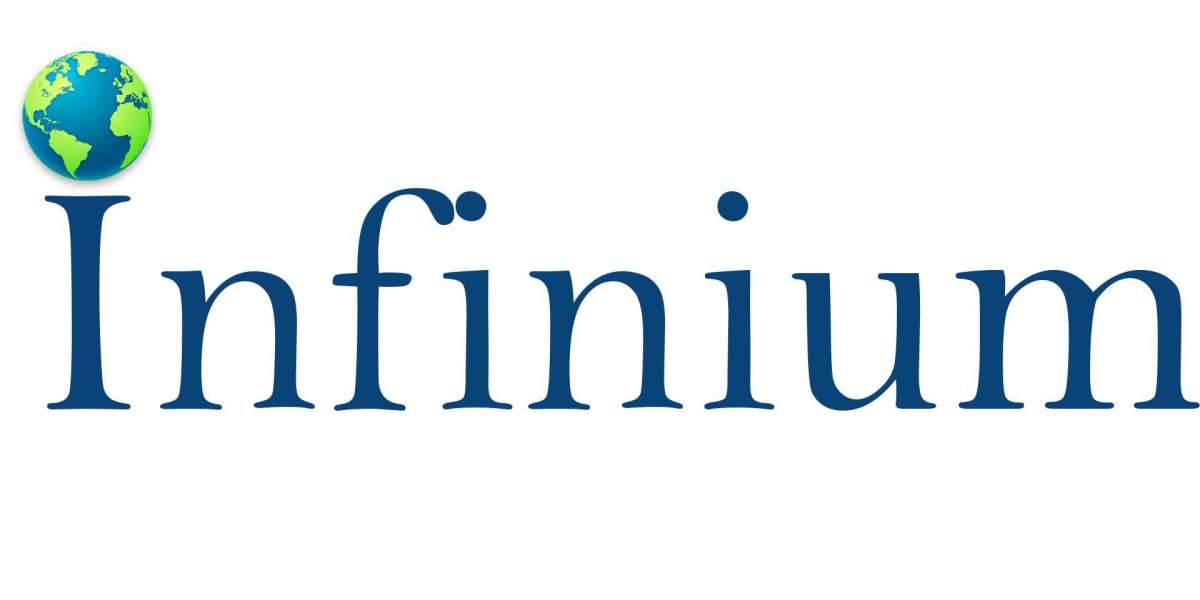Market Dynamics:
Drivers:
- Growing Health Awareness: Increasing awareness about health and fitness drives the demand for wearable apps that track physical activities, monitor vital signs, and provide personalized health insights.
- Technological Advancements: Innovations in sensor technology, AI, and machine learning enhance the capabilities of wearable apps, offering more accurate and comprehensive data analysis.
- Rising Adoption of Wearable Devices: The widespread adoption of wearable devices, such as smartwatches and fitness trackers, fuels the demand for apps that enhance their functionality and user experience.
Challenges:
- Data Privacy Concerns: The collection and analysis of personal health data raise concerns about privacy and data security, necessitating robust measures to protect user information.
- High Development Costs: Developing high-quality wearable apps can be costly, impacting the overall profitability for developers and companies.
Opportunities:
- Integration with Healthcare Systems: The integration of wearable apps with healthcare systems and electronic health records (EHRs) offers significant growth opportunities, enabling remote patient monitoring and improved healthcare outcomes.
- Expanding Application Areas: The development of wearable apps for diverse applications, including mental health, chronic disease management, and workplace productivity, presents substantial growth potential.
Regional Analysis :
North America: Leads the market due to high adoption rates of wearable devices, advanced healthcare infrastructure, and significant investments in technology development.
Europe: Follows closely with strong growth driven by increasing health awareness, technological advancements, and supportive healthcare policies.
Asia-Pacific: Expected to witness the highest growth rate due to rising disposable incomes, growing health consciousness, and increasing adoption of wearable devices.
Latin America and the Middle East Africa: Also showing growth potential, driven by expanding healthcare access and increasing awareness of wearable technology.
SAMPLE PAGES OF REPORT: https://www.infiniumglobalresearch.com/reports/sample-request/1020
Market Segmaentation:
By Application:
- Health and Fitness
- Medical and Clinical
- Lifestyle and Entertainment
- Others
By Device Type:
- Smartwatches
- Fitness Trackers
- Smart Glasses
- Others
competitive landscape:
Market Share:
Large players hold a significant share due to their comprehensive product portfolios and extensive distribution networks. However, regional players are emerging with innovative and cost-effective solutions.
- Price Control: Major players have considerable influence over market prices, though competitive pricing strategies by smaller companies are impacting market dynamics.
- Competition from Smaller Companies: Smaller and mid-sized companies are challenging larger players with innovative products and localized solutions.
Key Players:
- Apple Inc.
- Samsung Electronics Co., Ltd.
- Google LLC
- Fitbit, Inc. (acquired by Google)
- Garmin Ltd.
- Huawei Technologies Co., Ltd.
- Xiaomi Corporation
- Fossil Group, Inc.
- TomTom N.V.
- Withings (acquired by Nokia)
REPORT OVERVIEW: https://www.infiniumglobalresearch.com/reports/global-wearable-apps-market
Future Outlook:
- New Product Development: Continuous innovation and the development of user-friendly, high-performance apps are crucial for market growth. Companies are focusing on RD to introduce advanced wearable apps that cater to diverse consumer needs.
- Targeting Youngsters: Companies are increasingly targeting younger audiences through marketing campaigns that highlight the innovative and exciting applications of wearable apps, particularly in health and fitness.
Conclusion:
The Wearable Apps Market is set for robust growth, driven by increasing health awareness and the widespread adoption of wearable devices. While challenges such as data privacy concerns and high development costs exist, the opportunities presented by healthcare integration and expanding application areas are significant. Large players currently dominate the market, but smaller companies are making notable contributions with innovative and localized solutions. The future outlook remains positive, with new product development and targeted marketing strategies playing key roles in shaping the market landscape.



